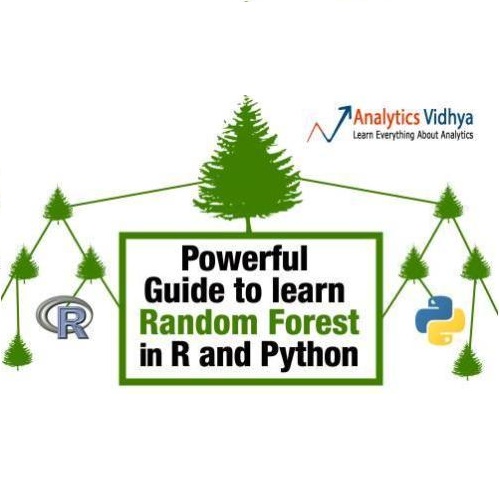We consider the problem of learning how to optimally allocate treatments whose cost is uncertain and can vary with pre-treatment covariates. This setting may arise in medicine if we need to prioritize access to a scarce resource that different patients would use for different amounts of time, or in marketing if we want to target discounts whose cost to the company depends on how much the discounts are used. Here, we derive the form of the optimal treatment allocation rule under budget constraints, and propose a practical random forest based method for learning a treatment rule using data from a randomized trial or, more broadly, unconfounded data. Our approach leverages a statistical connection between our problem and that of learning heterogeneous treatment effects under endogeneity using an instrumental variable. We find our method to exhibit promising empirical performance both in simulations and in a marketing application.
翻译:我们考虑了如何以最佳方式分配成本不确定且与预处理共变情况不同的治疗方法的问题。如果我们需要优先获取不同病人在不同时间使用的宝贵资源,或者如果我们想要针对公司成本取决于使用折扣多少的折扣目标,则在营销方面,我们考虑如何学习如何以最佳方式分配成本不确定且与预处理共变情况不一的治疗方法。在这里,我们在预算限制下得出了最佳治疗分配规则的形式,并提出了一个实用的随机森林法,用于学习治疗规则,利用随机试验的数据或更广泛的无根据数据。我们的方法利用了我们的问题和在使用工具变量的内源性下学习不同治疗效应之间的统计联系。我们找到了在模拟和营销应用中展示有希望的经验性表现的方法。



